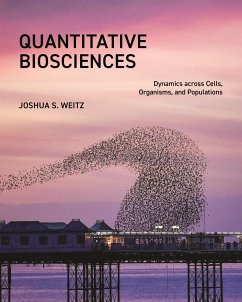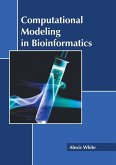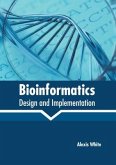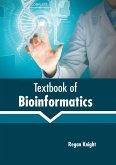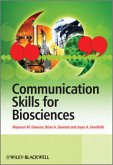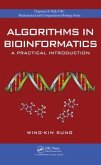A hands-on approach to quantitative reasoning in the life sciences Quantitative Biosciences establishes the quantitative principles of how living systems work across scales, drawing on classic and modern discoveries to present a case study approach that links mechanisms, models, and measurements. Each case study is organized around a central question in the life sciences: Are mutations dependent on selection? How do cells respond to fluctuating signals in the environment? How do organisms move in flocks given local sensing? How does the size of an epidemic depend on its initial speed of spread? Each question provides the basis for introducing landmark advances in the life sciences while teaching students—whether from the life sciences, physics, computational sciences, engineering, or mathematics—how to reason quantitatively about living systems given uncertainty. * Draws on real-world case studies in molecular and cellular biosciences, organismal behavior and physiology, and populations and ecological communities * Stand-alone lab guides available in Python, R, and MATLAB help students move from learning in the classroom to doing research in practice * Homework exercises build on the lab guides, emphasizing computational model development and analysis rather than pencil-and-paper derivations * Suitable for capstone undergraduate classes, foundational graduate classes, or as part of interdisciplinary courses for students from quantitative backgrounds * Can be used as part of conventional, flipped, or hybrid instruction formats * Additional materials available to instructors, including lesson plans and homework solutions
Hinweis: Dieser Artikel kann nur an eine deutsche Lieferadresse ausgeliefert werden.
Hinweis: Dieser Artikel kann nur an eine deutsche Lieferadresse ausgeliefert werden.

